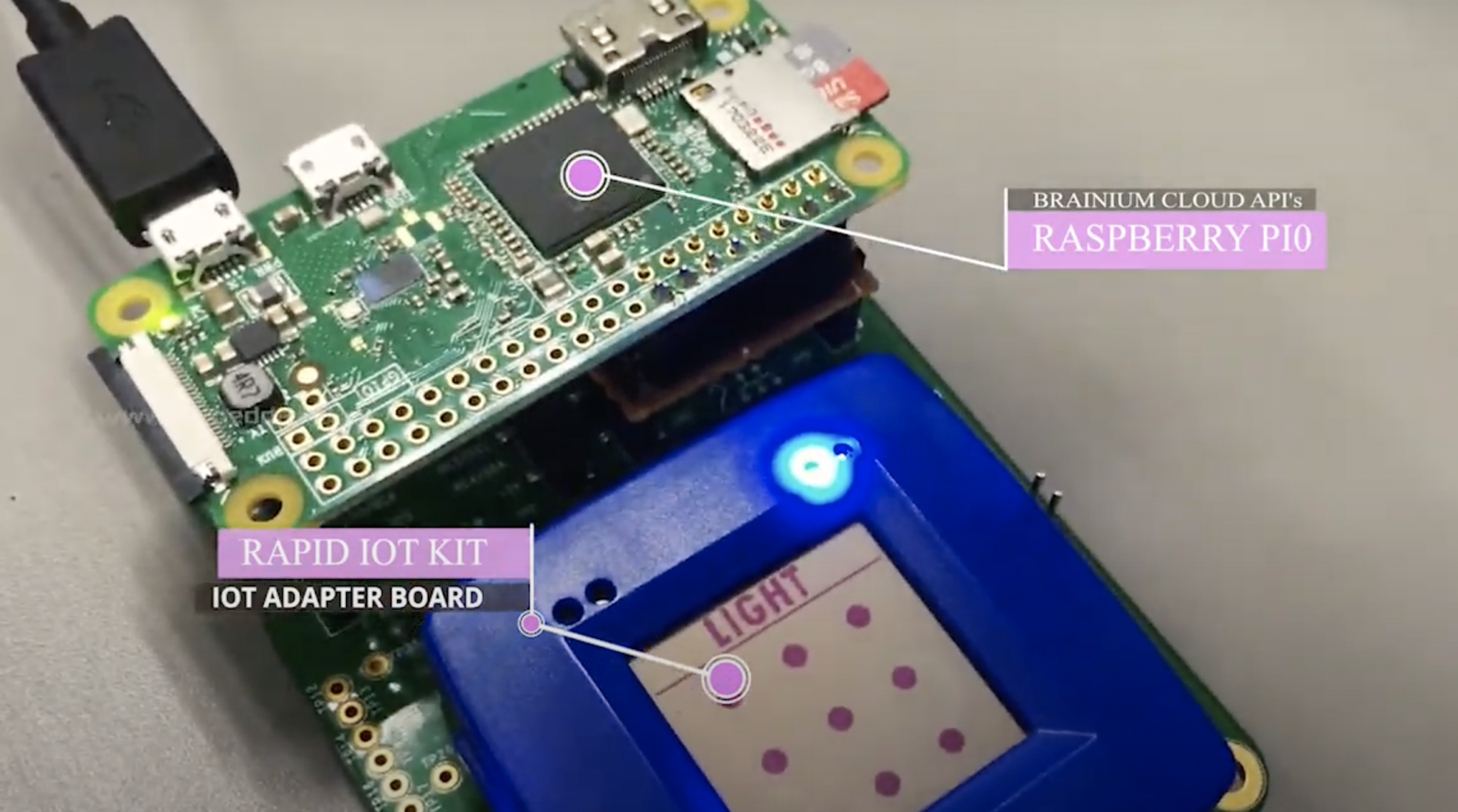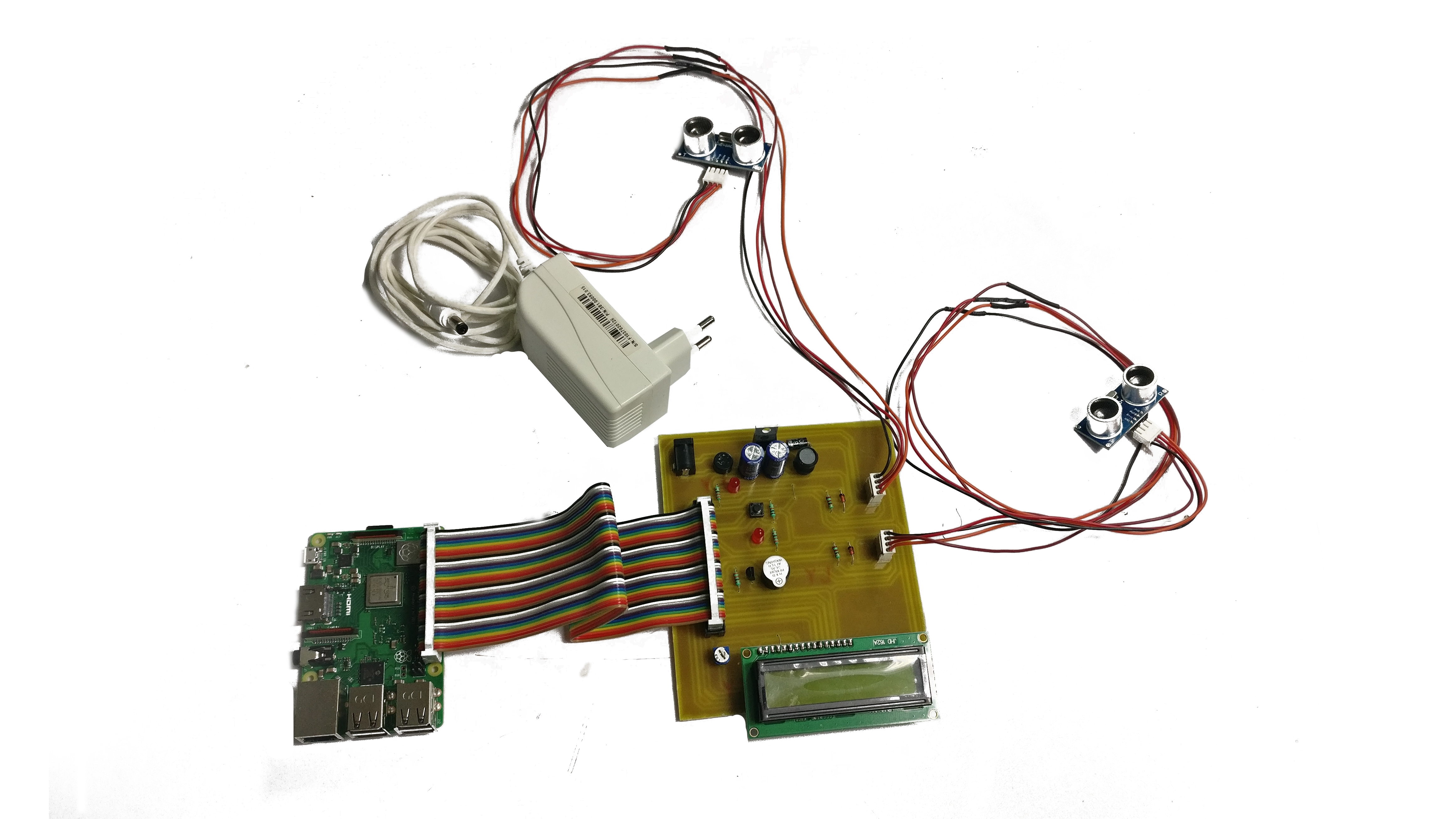In today's digital age, securely connect remote IoT P2P Raspberry Pi has become an essential skill for developers, hobbyists, and tech enthusiasts alike. The ability to connect devices remotely and facilitate peer-to-peer (P2P) communication opens up countless possibilities for automation, monitoring, and innovation. However, ensuring security and seamless integration can be challenging without proper guidance.
This article dives deep into the world of remote IoT connectivity using Raspberry Pi, focusing on secure methods to establish P2P communication. Whether you're a beginner or an advanced user, this guide will provide you with the tools, knowledge, and resources needed to set up your own secure IoT environment. From downloading free software to configuring your Raspberry Pi, we've got you covered.
As the demand for IoT devices continues to grow, so does the importance of understanding how to connect these devices securely. By the end of this article, you'll have a clear understanding of the steps involved in setting up a secure remote connection for your Raspberry Pi-based IoT projects. Let's get started!
Read also:Menendez Brothers The Dark Story That Shocked America
Table of Contents
- Introduction to IoT and Raspberry Pi
- Basics of Secure Connections
- Setting Up Your Raspberry Pi
- Understanding P2P Communication
- Downloading Free Software for IoT
- Security Best Practices
- Troubleshooting Tips
- Real-World Applications
- Data Privacy and Compliance
- Conclusion and Next Steps
Introduction to IoT and Raspberry Pi
What is IoT?
The Internet of Things (IoT) refers to the network of physical devices embedded with sensors, software, and connectivity that allows them to exchange data. These devices range from simple home appliances to sophisticated industrial tools, all designed to enhance automation and efficiency.
Raspberry Pi as an IoT Platform
Raspberry Pi is a versatile, low-cost single-board computer that has gained immense popularity in the IoT community. Its compact size, affordability, and compatibility with various operating systems make it an ideal choice for building IoT projects. By securely connect remote IoT P2P Raspberry Pi, users can create innovative solutions for smart homes, agriculture, healthcare, and more.
Basics of Secure Connections
Before diving into the specifics of setting up a secure connection, it's essential to understand the fundamentals of network security. A secure connection ensures that data transmitted between devices remains private and protected from unauthorized access. Here are some key concepts:
- Encryption: The process of converting data into a coded format to prevent unauthorized access.
- Authentication: Verifying the identity of devices and users to ensure only authorized entities can access the network.
- Firewalls: Security systems that monitor and control incoming and outgoing network traffic based on predetermined security rules.
Setting Up Your Raspberry Pi
Hardware Requirements
To begin, ensure you have the necessary hardware components:
- Raspberry Pi (any model with Wi-Fi capabilities)
- MicroSD card with pre-installed operating system (e.g., Raspberry Pi OS)
- Power supply
- Network cables or Wi-Fi adapter
Software Installation
Once your hardware is ready, proceed with installing the required software. This includes:
- Setting up the operating system
- Configuring network settings
- Installing security tools and libraries
Understanding P2P Communication
What is P2P?
Peer-to-peer (P2P) communication allows devices to interact directly without relying on a central server. This method reduces latency and improves efficiency, making it ideal for IoT applications where real-time data exchange is critical.
Read also:Jennifer Lopezs New Boyfriend A Comprehensive Look Into Their Relationship
Benefits of P2P in IoT
Implementing P2P communication in your IoT projects offers several advantages:
- Reduced dependency on centralized infrastructure
- Improved scalability and reliability
- Enhanced privacy and security
Downloading Free Software for IoT
There are numerous free software options available for securely connect remote IoT P2P Raspberry Pi. Some popular choices include:
- MQTT Broker: A lightweight messaging protocol ideal for IoT communication.
- ZeroTier: A virtual network platform that simplifies P2P connectivity.
- Resin.io: A container management system for IoT devices.
Ensure you download these tools from official websites or trusted repositories to avoid security risks.
Security Best Practices
Regular Updates
Keep your Raspberry Pi and all installed software up to date to protect against vulnerabilities. Regularly check for firmware updates and apply patches as needed.
Strong Passwords
Use strong, unique passwords for all accounts and devices. Consider implementing two-factor authentication (2FA) for added security.
Network Segmentation
Isolate your IoT devices on a separate network to minimize the risk of unauthorized access to other parts of your system.
Troubleshooting Tips
Even with careful planning, issues may arise during setup. Here are some common problems and their solutions:
- Connection Issues: Verify network settings and ensure all devices are on the same subnet.
- Software Errors: Reinstall or update software to resolve compatibility issues.
- Device Compatibility: Check hardware specifications and ensure all components are compatible.
Real-World Applications
Smart Home Automation
Using Raspberry Pi, you can create a smart home system that allows you to control lights, thermostats, and security systems remotely. Securely connect remote IoT P2P Raspberry Pi ensures that your home remains safe and efficient.
Agricultural Monitoring
IoT devices equipped with sensors can monitor soil moisture, temperature, and humidity levels, providing farmers with valuable data to optimize crop yields.
Data Privacy and Compliance
Data privacy is a critical concern when working with IoT devices. Ensure compliance with regulations such as GDPR and CCPA by implementing robust data protection measures. Regularly audit your systems to identify and address potential privacy risks.
Conclusion and Next Steps
In conclusion, securely connect remote IoT P2P Raspberry Pi is a powerful capability that opens up endless possibilities for innovation. By following the steps outlined in this guide, you can set up a secure and efficient IoT environment tailored to your needs.
We encourage you to take the following actions:
- Share this article with others who may find it useful.
- Leave a comment below with any questions or feedback.
- Explore more articles on our website for additional IoT tips and tricks.
Stay connected and continue exploring the exciting world of IoT!


